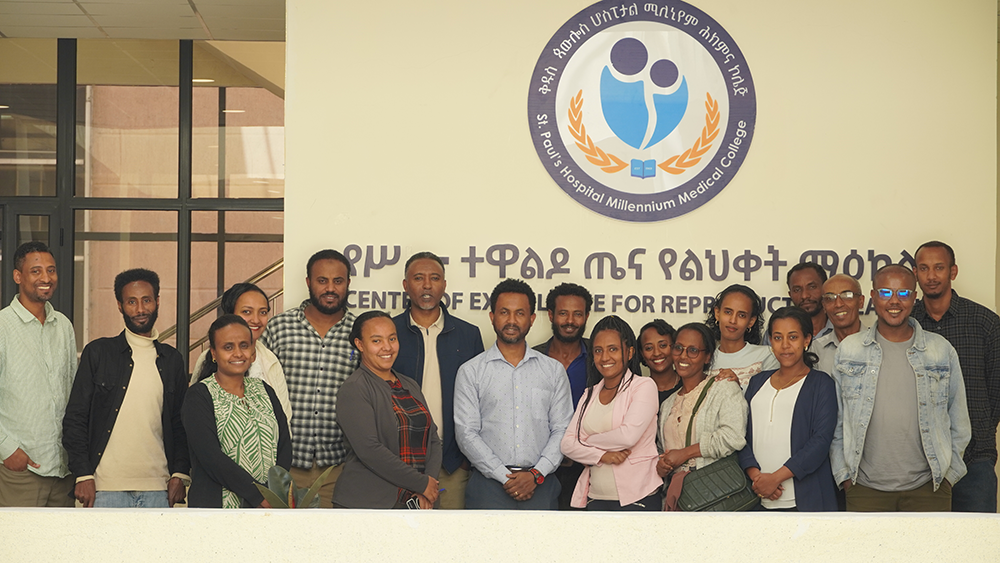Introduction to Randomized Clinical Trial (RCT)
→
Africa/Nairobi
Hall 1/3rd floor/SRHR CoE Building - Hall 1 (SRHR CoE Building)
Hall 1/3rd floor/SRHR CoE Building - Hall 1
SRHR CoE Building
50
Description
Organized by: St. Paul Institute for Reproductive Health and Rights (SPIRHR)
Venue: SPIRHR CPD center, third floor of CERH building
Date: Dec 3-5, 2025
